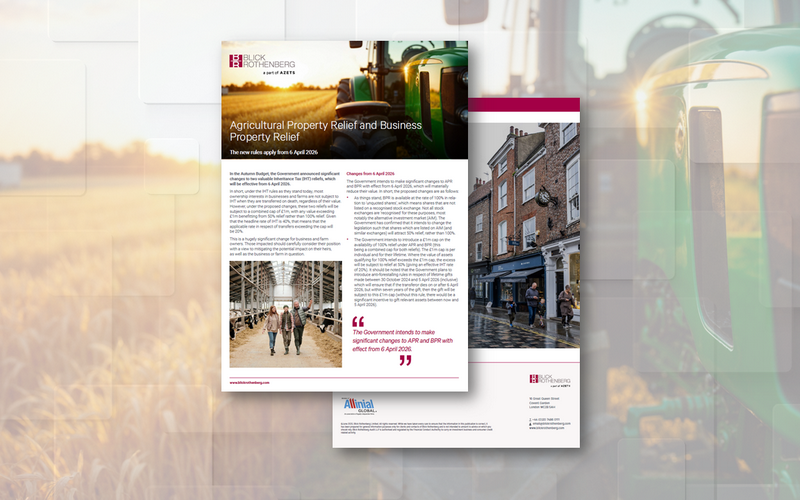Our latest news & insights
Latest news & insights

Ele Theochari has been appointed as Vice President of The Association of Taxation Technicians

Retailers Both Online and High Street Struggle Amid Rising Staffing Costs

Is the End of the Triple Lock Pension Inevitable?

The UK is a stable, open and innovation-driven market for Japanese firms to invest in

Further Opportunities for US Tech Investment in the UK

Changes to FRS102 and it’s alignment to International standards

Unlocking Growth: What the Government’s 2025 Industrial Strategy Means for the UK’s Creative Sector

Spotlight on…Are you ready for the FCA’s proposed Stablecoin & Crypto Custody rules?

A ray of hope for the Property Market: HMRC transaction data suggests recovery momentum

Tax Receipts on the Rise but the UK’s Public Borrowing Problem Persists

Wimbledon Prize Money Rise Set to Deliver Increased Tax Revenues for HMRC














